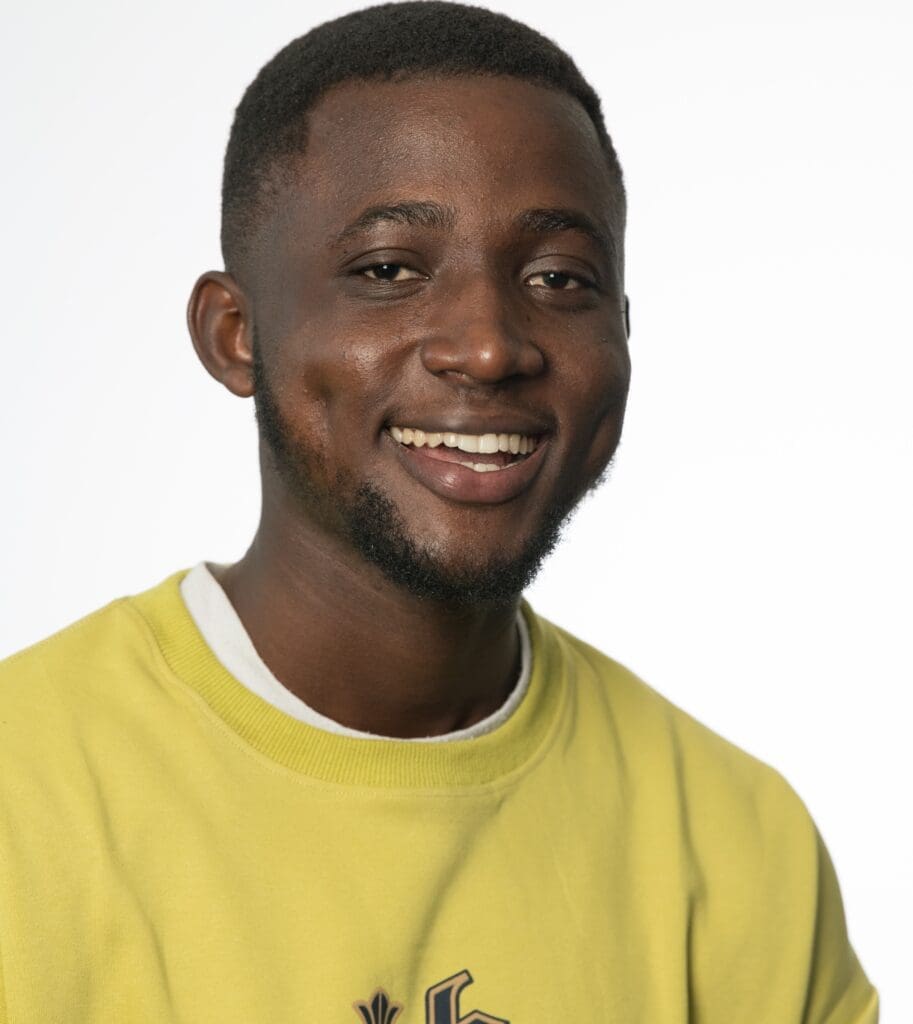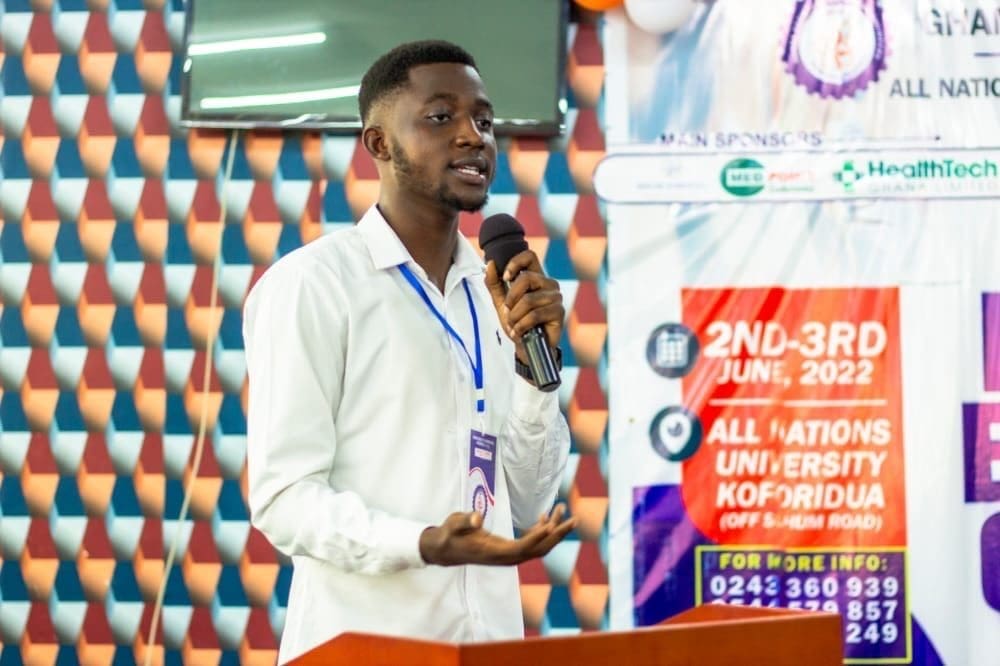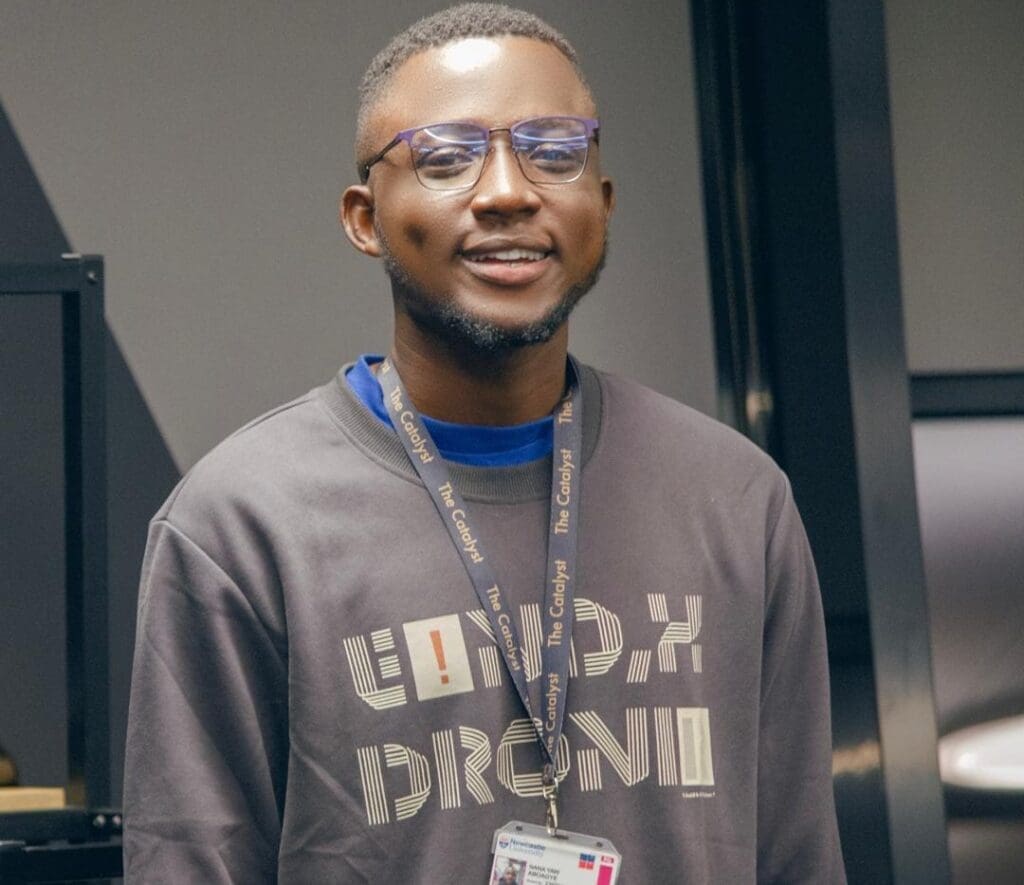A Biomedical Engineering PhD Student – life and opportunities
This article looks at the life of a Biomedical Engineering PhD student at Newcastle University. Nana Yaw Aboagye studied and worked in Ghana before moving to the UK to complete a PhD. He is specialising in medical image analysis and bio signal analysis.


Biomedical Engineering PhD student from Ghana at Newcastle University
Background and path to engineering
You studied engineering. Was this an ambition from childhood? Did anyone recommend this?
From childhood, I always liked to explore things, specifically computer systems. So, this nurtured my quest for engineering and broadly, how systems operate.
I should say, no one really recommended engineering for me, it was a passion built up intuitively from my childhood days.
Why did you choose biomedical/medical engineering rather than a different type of engineering?
Biomedical engineering became the culmination of my ambition to discover technological innovations that could enhance healthcare delivery in my country. I also got fascinated about this field and its significance when I read about some successful medical interventions the field has brought forth.
Have you always been interested in technology and the way things work?
Absolutely! Plus, I can say that was my main drive into exploring a career in engineering.
Is it important to you to work on products which help to improve people’s health and wellbeing?
My main ambition has been to help improve the quality of healthcare being provided to people.
So, my research since my undergraduate years has looked at making healthcare better by applying biomedical interventions to help clinicians in their treatment and diagnosis.
Who in your opinion are the three greatest engineers or scientists ever?
Sir Isaac Newton, Archimedes and Albert Einstein.
Typical week as a Medical/Biomedical Engineer in a hospital before studying for a PhD
Can you describe the type of equipment you supported when you worked in the Greater Accra Regional Hospital?
I supported preventive and corrective maintenance on Ventilators, Loop pressure measurement devices and also Suction machines.
What was your typical week like?
I had ward rounds every Tuesday, Thursday, and Friday to provide technical support in terms of corrective maintenance to all the wards that had faulty medical devices.
How quickly did you make the transition from student to engineer?
My transition from student to engineer was indeed a tough one. However, I managed to learn fast with more exposure to the working environment and hands-on experience in troubleshooting common faults with medical devices encountered daily in the wards.
What is your technique for solving difficult issues?
I always approach them with a combination of brainstorming, experimentation, and seeking guidance when necessary. After the issue is solved, I make sure I understand the nature of the problem as well as the solution at every instance.
How did you continue to learn even though you had left university?
I had days during my working week where I still engaged in research and also attended some online classes, because I had a flexible workload.
How did you explain technical issues to non-technical people?
Communicating technical issues to non-technical individuals requires a careful balance of simplifying complex concepts while ensuring accuracy. I often leverage analogies or real-world examples to make technical concepts more relatable and understandable to a broader audience.


Continuing your biomedical engineering journey with a PhD
Why did you decide to return to university and complete your PhD?
I have always been passionate about exploring higher education and delving deeper into the field of biomedical engineering. Pursuing a PhD allows me the opportunity to dedicate more time to research and innovate solutions in healthcare, which aligns with my career goals and aspirations.
Why did Newcastle University attract you?
Newcastle University stood out to me as a member of the prestigious Russell Group of universities. Newcastle University has a strong focus on biomedical engineering and healthcare research. The university’s investment in cutting-edge technologies and world-class facilities provided an ideal environment for me to further develop my expertise in my chosen field.
What are you specialising in?
I am specialising in bio-signal and medical image analysis, and machine learning applications.
Bio-signals and medical images serve as critical biomarkers for identifying and diagnosing health conditions. By applying machine learning algorithms to analyse these signals and images, we can extract valuable insights and patterns that help in early detection, accurate diagnosis, and personalised treatment strategies. This has a significant impact on the development of medical equipment and technologies, leading to more efficient and effective healthcare solutions.
Advice to students considering biomedical engineering
I highly recommend biomedical engineering to those considering a course of study due to its dynamic nature and its potential to make a real difference in healthcare. With advancements in technology and the increasing demand for innovative healthcare solutions, biomedical engineering offers a rewarding career path where one can contribute to improving people’s lives.


The future of biomedical engineering
Over the next twenty years, biomedical engineering is poised to undergo significant advancements, particularly with the integration of artificial intelligence algorithms. This will lead to more sophisticated healthcare solutions, with improved accuracy, efficiency, and accessibility. In Ghana, I hope to see the field of biomedical engineering play a pivotal role in transforming healthcare delivery, making it more accessible and effective for all citizens.
Further reading
Life of a Biomedical Engineer in Canada


Responses